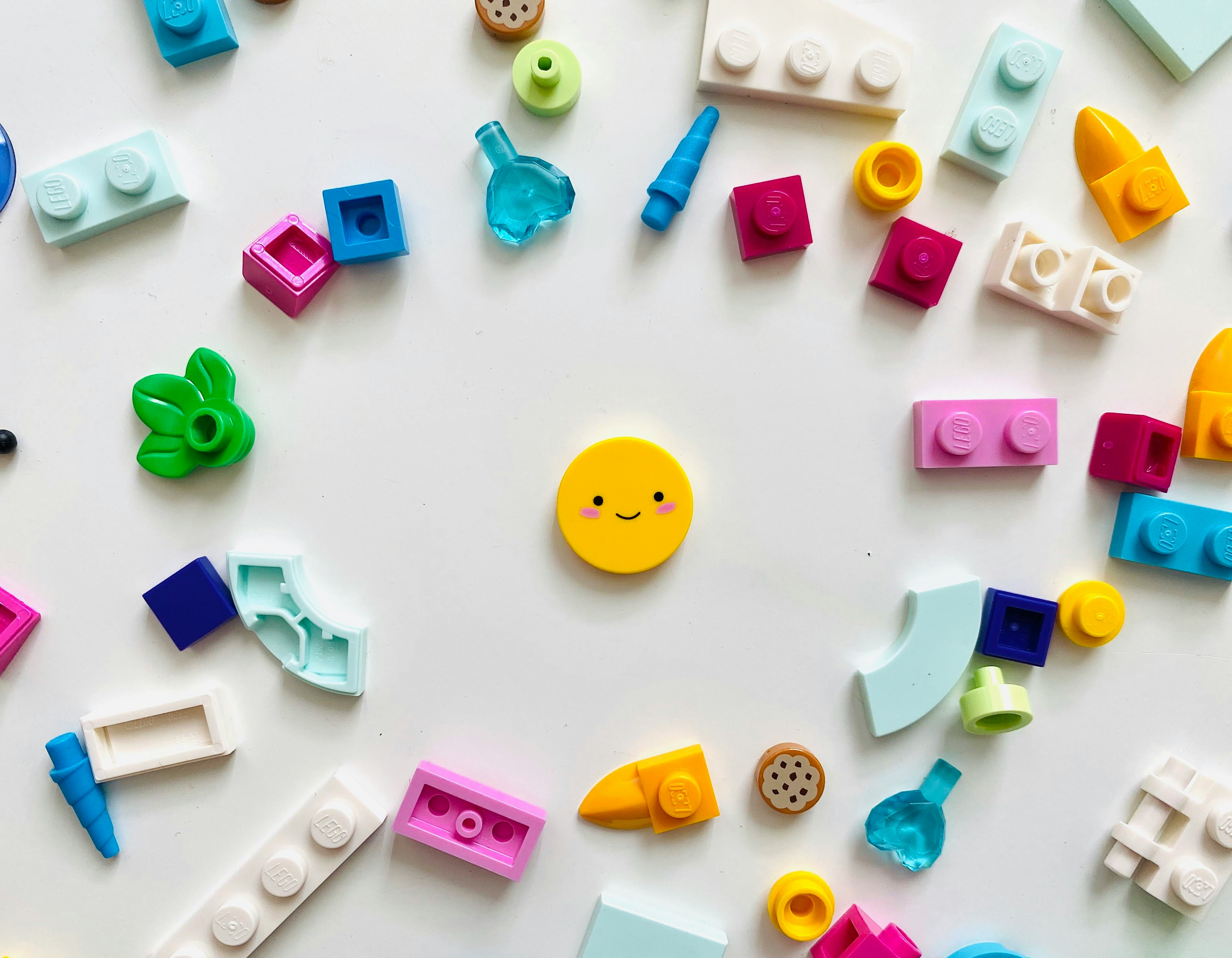Sound familiar? What you're experiencing has a name – social battery depletion – and there's real neuroscience explaining why it happens, especially to introverts.
Get early access

The Brain Chemistry Behind Social Energy
The concept of a "social battery" isn't just a trendy metaphor. Your brain actually processes social interactions differently depending on your neurological wiring. Recent research reveals fascinating differences between introverted and extroverted brains.
The Dopamine–Acetylcholine Split
Here's where it gets interesting: studies show that extroverts have more dopamine receptors in their brains than introverts. This means they need more dopamine to feel happy because they're less sensitive to it. Dopamine drives reward seeking behavior and makes social stimulation feel energizing.
Introverts, on the other hand, are wired differently. Research suggests introverts have more acetylcholine receptors. Acetylcholine makes us feel good when we turn inward, powering deep thinking, reflection, and intense focus.
It's not just theory. The dopamine pathway is shorter than the acetylcholine one, which could explain why many extroverts respond faster under an onslaught of stimulation. Meanwhile, acetylcholine is released when the parasympathetic nervous system is activated: the "rest and digest" system rather than "fight or flight."
Physical Brain Structure Differences
The differences run deeper than neurotransmitters. MRI studies have found that introverts have larger, thicker gray matter in their prefrontal cortex (the brain area linked to abstract thought and decision making) while extroverts tend to have thinner gray matter in that region.
What does this mean for your social energy? Your brain is literally structured to process information more thoroughly, which requires more mental resources per interaction. This deeper processing style affects how you navigate building friendships as an adult.
Brain imaging also shows that the dopamine reward network is more active in extroverts, while introverts show more activity in gray matter regions. This helps explain why social interactions that energize extroverts can drain introverts; you're using different neural pathways entirely.
Why Social Interactions Feel Like Work for Introverts
When you understand the neuroscience, social exhaustion makes perfect sense. The introvert brain is:
Processing more deeply: Thicker prefrontal cortex gray matter means you analyze social information more thoroughly, adding cognitive load.
Running on a different reward system: Extroverts get dopamine hits from social stimulation, while your acetylcholine based system finds reward in quiet reflection.
Using longer neural pathways: The acetylcholine pathway takes more time and energy compared to the faster dopamine pathways.
Recognizing When Your Brain Says "Enough"
Understanding your brain's social processing helps you spot the signs before complete depletion. Learning to recognize these patterns is crucial for setting healthy boundaries without guilt. Early warning signals include:
- Conversations requiring more effort to follow or contribute
- Heightened awareness of background noise or stimuli
- Shorter responses or defaulting to listening
- Restlessness or urge to find a quieter space
Think of these as your brain's early warning system, not personal failings. Understanding these signals helps you find optimal social environments that work with your energy patterns.
The Science of Recharge: How Introverts Refill Their Social Battery
Since your brain relies more on acetylcholine for reward, effective recharging means activating your parasympathetic nervous system. Learning proven recharge strategies can help you manage your energy more effectively.
Immediate nervous system reset
- Deep, regulated breathing to activate acetylcholine release
- Complete sensory reduction (silence, dim lighting, or alone time)
- Simple, repetitive activities that don't require decisions
Cognitive processing time
Your thicker prefrontal cortex needs time to digest the social information you've absorbed. This is why you often replay conversations afterward; your brain is literally still processing.
Acetylcholine activation
Activities that release acetylcholine include deep thinking, reading, journaling, creative pursuits, and focused solo work. These aren't just restful; they're genuinely restorative. Research on the vagus nerve shows how this parasympathetic system facilitates recovery and recharge.
Your Neurotype Isn't a Limitation
Understanding the neuroscience behind your social energy isn't about accepting limits; it's about working with your brain's natural design instead of against it.
Your acetylcholine based system excels at:
- Deep, meaningful conversations over surface level small talk
- Building quality relationships over quick connections
- Thoughtful decision making and creative problem solving
- Sustained focus and intensive learning
When you align your social life with your neurological strengths, socializing becomes more energizing and less draining. Introvrs is designed to help you connect with people who understand and appreciate your unique social style.
